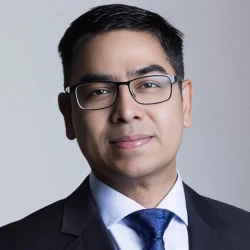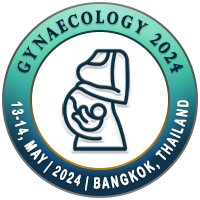
Rajeev Singh
Fiona Stanley Hospital, AustraliaTitle: WHO goals: 90-90 80-80 - A renewed focus for improving maternal and newborn health and well being
Abstract
Despite significant progress with maternal and child mortality, infectious diseases and Global life expectancy, Preventable maternal deaths, stillbirths and newborn deaths remain extraordinarily high. Stillbirths are 34x and Maternal deaths are 130x higher in the lowest income countries and even cost double the loss of life as COVID-19 since the start of the pandemic with the bulk in Sub-Saharan Africa and Central and Southern Asia. At the 67th World Health Assembly in 2014, 194 Member States endorsed Every newborn: an action plan (ENAP) to end preventable deaths – Roadmap of strategic actions to end preventable neonatal mortality & stillbirths while also reducing maternal mortality and morbidity (EPMM). However, challenges have led to renewed focus on developing strategies to reach these goals. The call for action and 90-90-80-80 plan is the massive Global action plan to end preventable deaths (ENAP) and reach the UN Sustainable Development Goals (SDGs) for 2030. This talk discusses the challenges, strategies, interventions, and results worldwide and the path ahead to reach the UN SDGs for 2030.
Biography
Rajeev Singh was born in India, graduated from Cambridge, UK, with advanced laparoscopic surgery training from Germany and a double sub-specialization in Advanced laparoscopic surgery, Urogynaecology and Reproductive Medicine from New Zealand and work at Fiona Stanley Hospital, Murdoch. He believes in a high standard of compassionate care with mutual respect and which places at its core, the patient’s best interests in a welcoming, fair and inclusive environment. His interests are both low and high-risk obstetrics, General Gyn, Advanced Laparoscopic & Hysteroscopic surgery, Colposcopy, Urogynaecology and Reproductive Medicine. Non-medical interests include fitness, hiking, Music, dance and theatre. He is part of Milaap, an organisation which aims to empower the underprivileged to rise are self-sufficient members of society and run free health camps and health improvement activities among the tribes in the Himalayan areas of North East India.

